During the resistance war against the French, Gia Dien commune was the first headquarters of the Vietnam Literature and Arts Association. In 1947-1948, the group of artists chose Goc Gao village, Gia Dien commune to stay and carry out literary and artistic activities. At that time, writers and poets such as To Huu, Nguyen Dinh Thi, Nguyen Huy Tuong, Kim Lan... chose the 5-room wooden house, roofed with palm leaves of Mrs. Vu Thi Gai to stay and carry out literary and artistic activities, serving the revolution. Seeing the artists coming to stay, Mrs. Gai moved down to the kitchen to give the space upstairs to the guests.
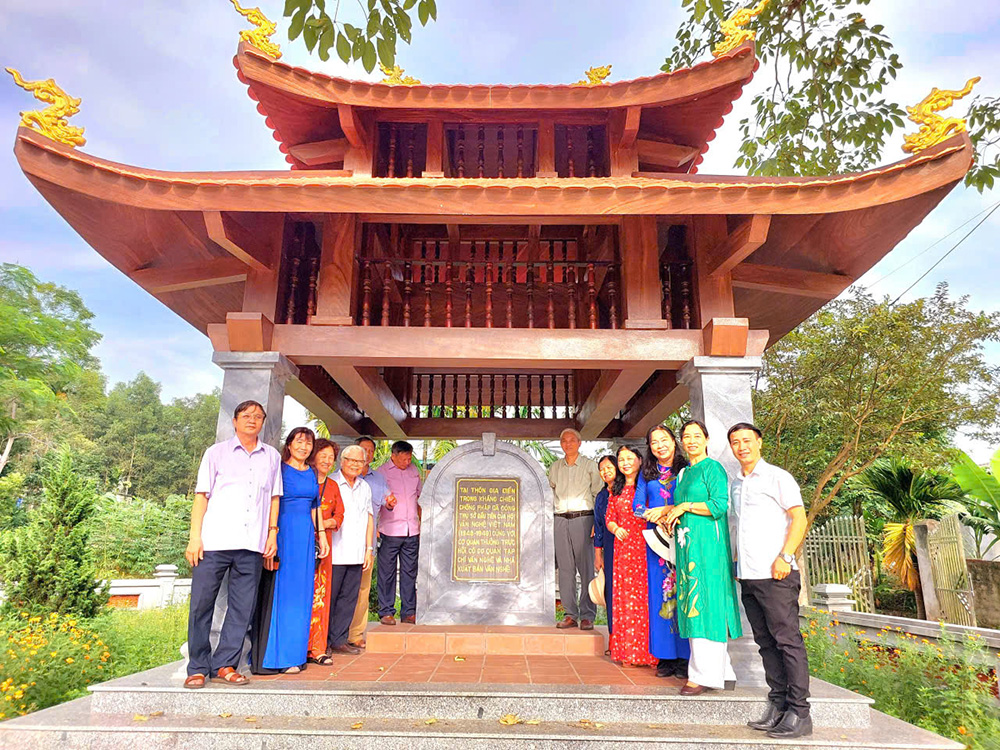 |
| Former lecturers and former students of the Faculty of Literature, Hanoi National University of Education 2 visited the memorial stele house of the Vietnam Literature and Arts Association headquarters and the house of Vu Thi Gai (Ha Hoa commune, Phu Tho province). |
Every day, Mrs. Gai still went up the hill to plant cassava, peanuts or went to the fields to plant rice and increase crops. Sometimes at night, the writers and artists heard Mrs. Gai's crying coming from the kitchen. After a few nights of hearing such sobbing, the writers and poets were curious to find out. After asking, Mrs. Gai confided that she missed her son who had been in the National Defense Army for a long time and had not received any letters or news, so she cried because she missed her son so much. To help Mrs. Gai ease her longing for her son who was fighting far away from home, the writers and artists asked poet To Huu to compose a poem, "impersonating" her son and sending it back from the battlefield. After a few days of "conceiving" and finishing the poem, the writers and artists lied that Mr. Khai (Mrs. Gai's son) had sent the poem, and they received the letter for him, then assigned someone to read each sentence slowly so that Mrs. Gai could hear clearly. After listening, Mrs. Gai's face brightened up and she told everyone that Khai loved me so much, and also told me, "Remember me, Mom, don't be sad/ When the enemy is defeated, I will be with you morning and night." Later, the poem "Mom" was spread throughout the battlefields. Many soldiers copied this poem into letters to their mothers in their hometowns as a message to their mothers that "on the battlefield, they are still safe."
In the poem “Bam oi”, each sentence, each word exudes a very ordinary, simple beauty, close to the rural people of the Northern midlands. In the Northern midlands, women from about 60 years old and up are often called “bam” by their children. Therefore, poet To Huu named the poem “Bam oi” to suit the culture of the people of Ha Hoa countryside at that time. Reading the poem “Bam oi”, many people from other places will see themselves and their families in it, especially the soldiers who participated in the battles on all battlefields from the South to the North. Because during the resistance war, most of the young men went to war, every family had someone in the army, so the poem went deep into the minds of many people and soldiers.
The title of the poem shows the closeness, like the soft call "Mom" of a child far away who is secretly missing and calling the name of his beloved mother in his hometown. Right from the first two lines of the poem: "Who is coming to visit my mother in my hometown/ This afternoon, there is a child far away who is secretly missing..." as if to affirm, the child far away asks if anyone is coming home to send something to his beloved mother. The beauty of the metaphor is the image of mother and child, of soldier and citizen, attached and blended together, but mainly it is the mood of the child who is fighting far away from home but always turns to his hometown, to his beloved mother. "Mom, are you cold?/ The cold mountain wind, the drizzle/ Mom goes to the field to plant rice, you are shivering/ Your feet wade in the mud, your hands plant young rice/ How many young rice seedlings have you planted/ Your heart misses you many times".
The poem “Oh Mother” not only expresses the love for his mother of a son who, for the sake of the great cause and the Fatherland, has to be far away from his mother and hometown, but also serves as a message to his mother at home to feel secure in working and producing. The author has conveyed the private feelings of mother and child within the love for the homeland. “I am going to the faraway front line/ I love my mother and my country, both my kind mother”. The feelings of a son who is in the army far away from home seem to express the common feelings of many soldiers at the front, day and night fighting the enemy, loving his mother as much as he loves his country. The whole poem exudes the motherly love that is both close and dear in the rural areas of the North.
For those who have been in the army, when reading this poem, it is impossible not to mention another beauty that they always feel and share every day, which is the love of comrades and teammates. "I go far as well as near/ Brothers and comrades gather around me like my children", to say that even though the son goes far, he has other brothers and comrades gathering around his mother, they are like his own children. The author has proactively used rhymes appropriately: "Mother loves you, loves you, comrades/ Mother cherishes you, mother cherishes brothers". When soldiers march through the village or do mass mobilization work at people's houses, mothers always have special feelings for them, willing to give them their houses to live in. To Huu deeply understands that, so he speaks on behalf of his son's feelings to his mother, cherishing his son as much as his brothers.
The poem also shows the beauty of the deep love between the army and the people that the author has conveyed and revealed through the simple verses: "Oh mother, we are one piece of soft flesh/ With me, there is mother, and also our compatriots/ I take each difficult step/ Far away from you, but there are so many mothers!/ How many old women are as kind as mothers/ Love me as if they gave birth to me/ Give me clothes and gifts/ Give me firewood to warm me, give me rest in my house"... The author was very delicate when he expressed the feelings of a son for his old mother in his hometown, and also described the close bond between the army and the people. When a soldier is far away from his mother, there will be many other mothers in every part of the country, always willing to protect, take care of, and consider them as his own children. There is hardly any army in the world that is loved by the people, with such close and special feelings like Uncle Ho's soldiers in Vietnam.
Source: https://www.qdnd.vn/van-hoa/doi-song/tinh-nguoi-cao-dep-trong-bai-tho-bam-oi-cua-to-huu-997255


![[Photo] The road connecting Dong Nai with Ho Chi Minh City is still unfinished after 5 years of construction.](https://vphoto.vietnam.vn/thumb/1200x675/vietnam/resource/IMAGE/2025/11/04/1762241675985_ndo_br_dji-20251104104418-0635-d-resize-1295-jpg.webp)

![[Photo] Panorama of the Patriotic Emulation Congress of Nhan Dan Newspaper for the period 2025-2030](https://vphoto.vietnam.vn/thumb/1200x675/vietnam/resource/IMAGE/2025/11/04/1762252775462_ndo_br_dhthiduayeuncbaond-6125-jpg.webp)
![[Photo] Ho Chi Minh City Youth Take Action for a Cleaner Environment](https://vphoto.vietnam.vn/thumb/1200x675/vietnam/resource/IMAGE/2025/11/04/1762233574890_550816358-1108586934787014-6430522970717297480-n-1-jpg.webp)
![[Photo] Ca Mau "struggling" to cope with the highest tide of the year, forecast to exceed alert level 3](https://vphoto.vietnam.vn/thumb/1200x675/vietnam/resource/IMAGE/2025/11/04/1762235371445_ndo_br_trieu-cuong-2-6486-jpg.webp)
![[Photo] Comrade Nguyen Duy Ngoc holds the position of Secretary of the Hanoi Party Committee](https://vphoto.vietnam.vn/thumb/1200x675/vietnam/resource/IMAGE/2025/11/04/1762234472658_a1-bnd-5518-8538-jpg.webp)
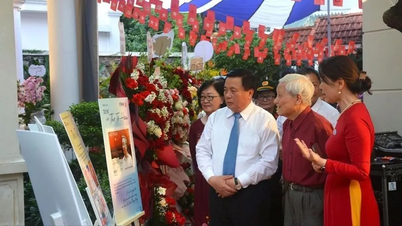

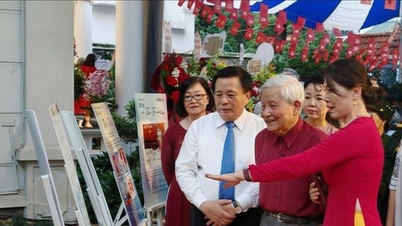

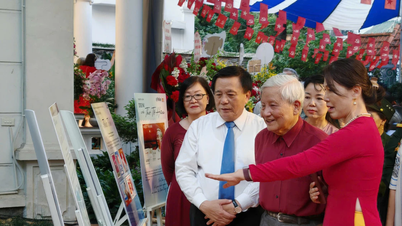

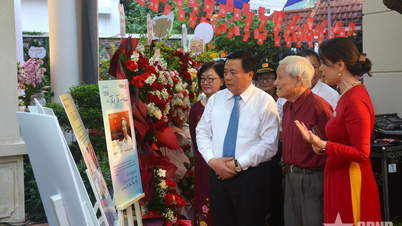

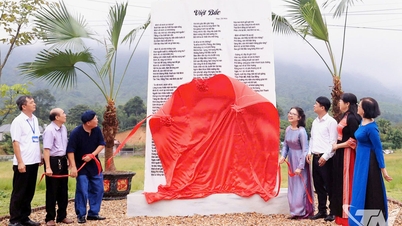




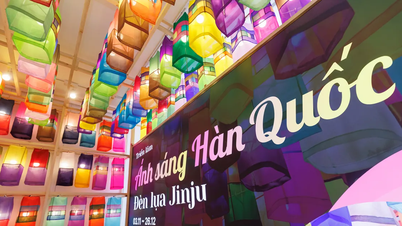
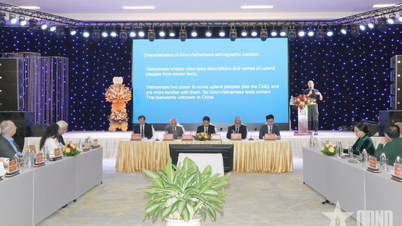







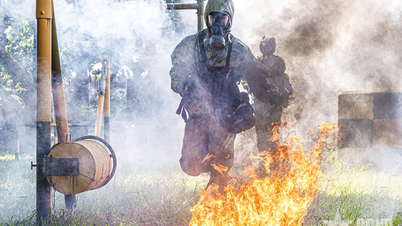
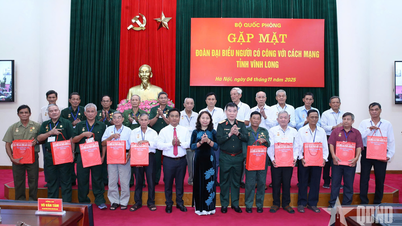
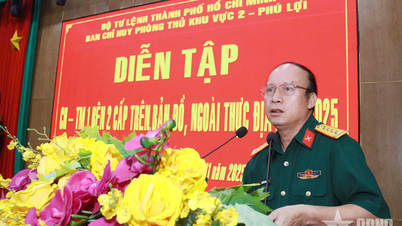
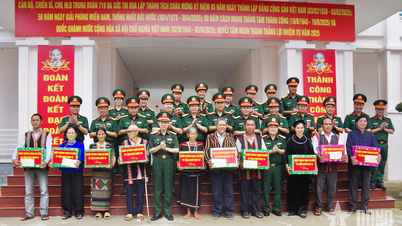

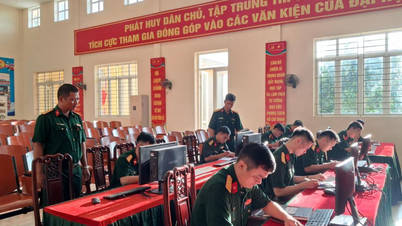



































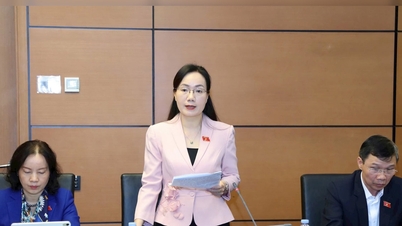



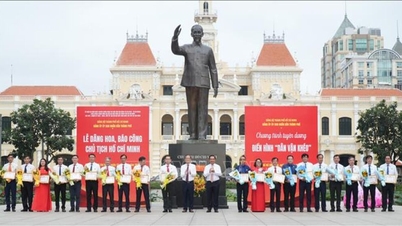





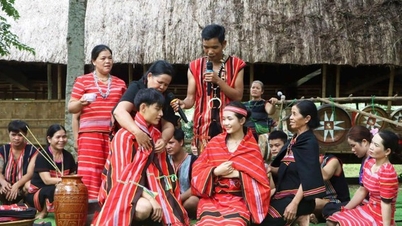




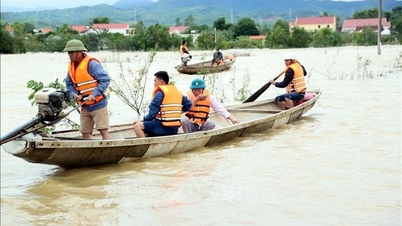


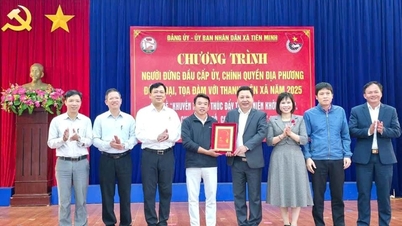
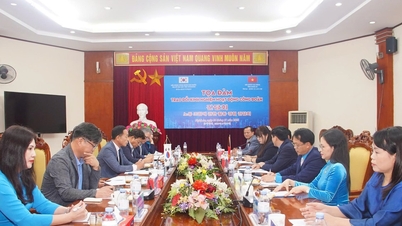


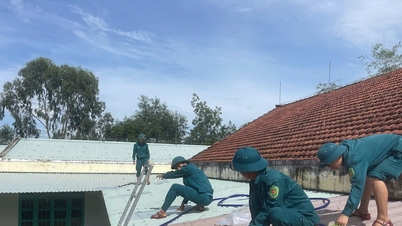











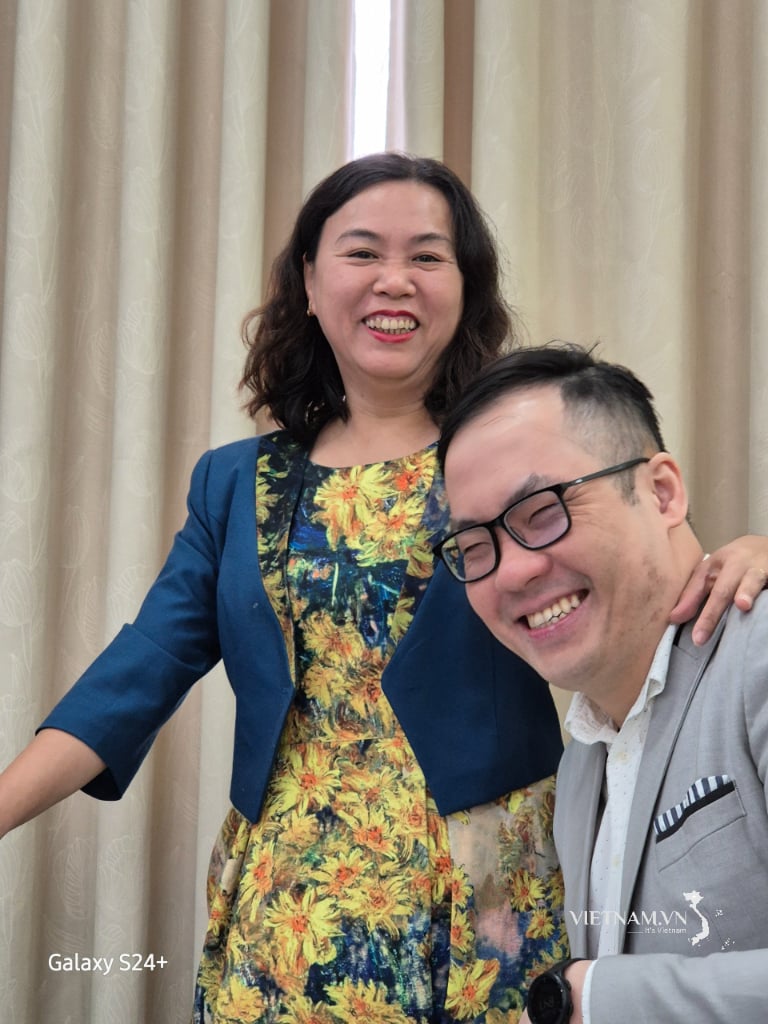



Comment (0)